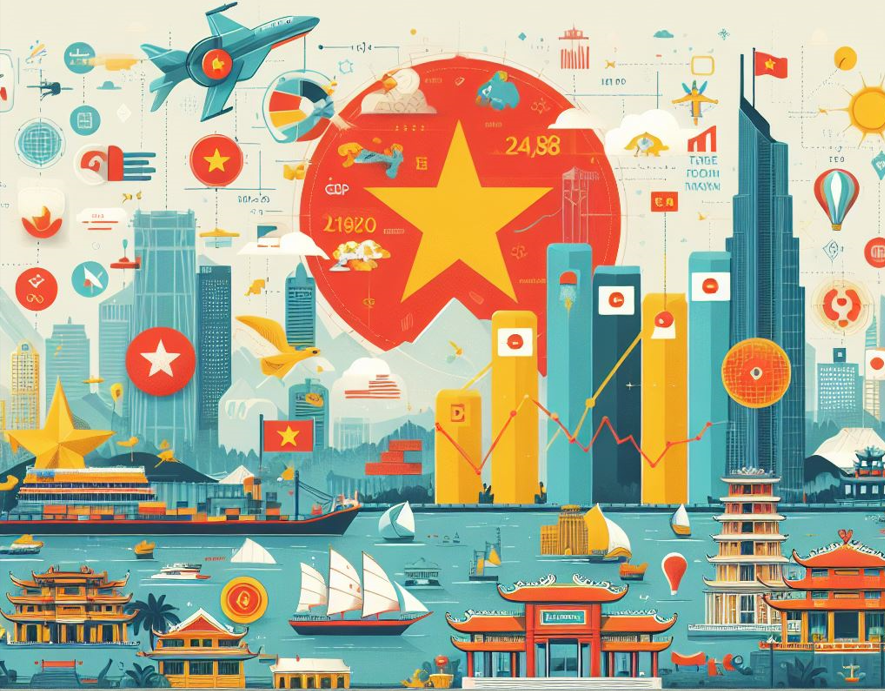HANOI – In a decisive pivot towards economic modernization, Vietnam stands at a pivotal juncture with its burgeoning relationship with global technology giants. The Southeast Asian nation, traditionally an agrarian economy, is now orchestrating a strategic overhaul aimed at transitioning to a high-value economic model. Central to this ambitious endeavor is the upskilling of its labor force and a robust enhancement of its infrastructural capabilities.
The Vietnamese government’s concerted efforts to upgrade its industry are not merely a response to the evolving global economic landscape, but a proactive measure to position the country as a resilient and competitive player in the international arena.
The impetus for this transformation is multifaceted. Vietnam’s leadership recognizes the imperative of fostering a skilled workforce to meet the demands of an increasingly digital and automated future. Initiatives such as the collaboration with Meta Platforms Inc. to expand manufacturing and launch an artificial intelligence literacy course underscore the commitment to cultivating a tech-savvy labor pool. Moreover, the government’s plans to bolster infrastructure, as evidenced by the surge in spending and the introduction of a new Public Private Partnership (PPP) law, reflect a strategic approach to facilitate sustainable economic growth.
Vietnam’s quest for a high-value economy is also driven by the need to build resilience in global supply chains. The COVID-19 pandemic has laid bare the vulnerabilities of over-reliance on single markets and the perils of underdeveloped infrastructure. By diversifying its economy and enhancing its supply chain capabilities, Vietnam aims to mitigate these risks and secure a more stable economic future. The country’s efforts to attract foreign direct investment (FDI) and increase its participation in global value chains are a testament to its emergence as a key player in international production networks.
The rationale behind Vietnam’s strategic shift is clear: to thrive in a post-pandemic world, economies must be agile, technologically advanced, and resilient. Vietnam’s proactive measures to upskill its workforce and improve infrastructure are not just about keeping pace with global trends but about setting a new standard for economic development in the region. (zai)

